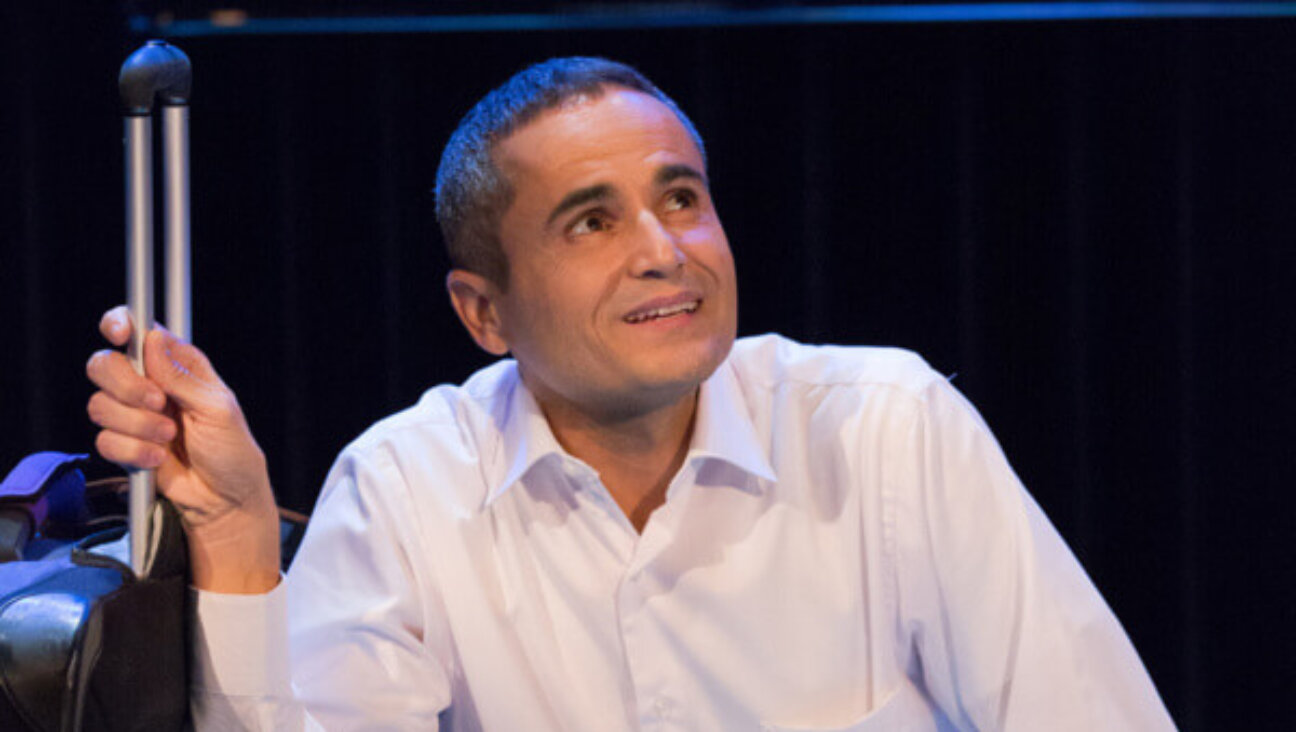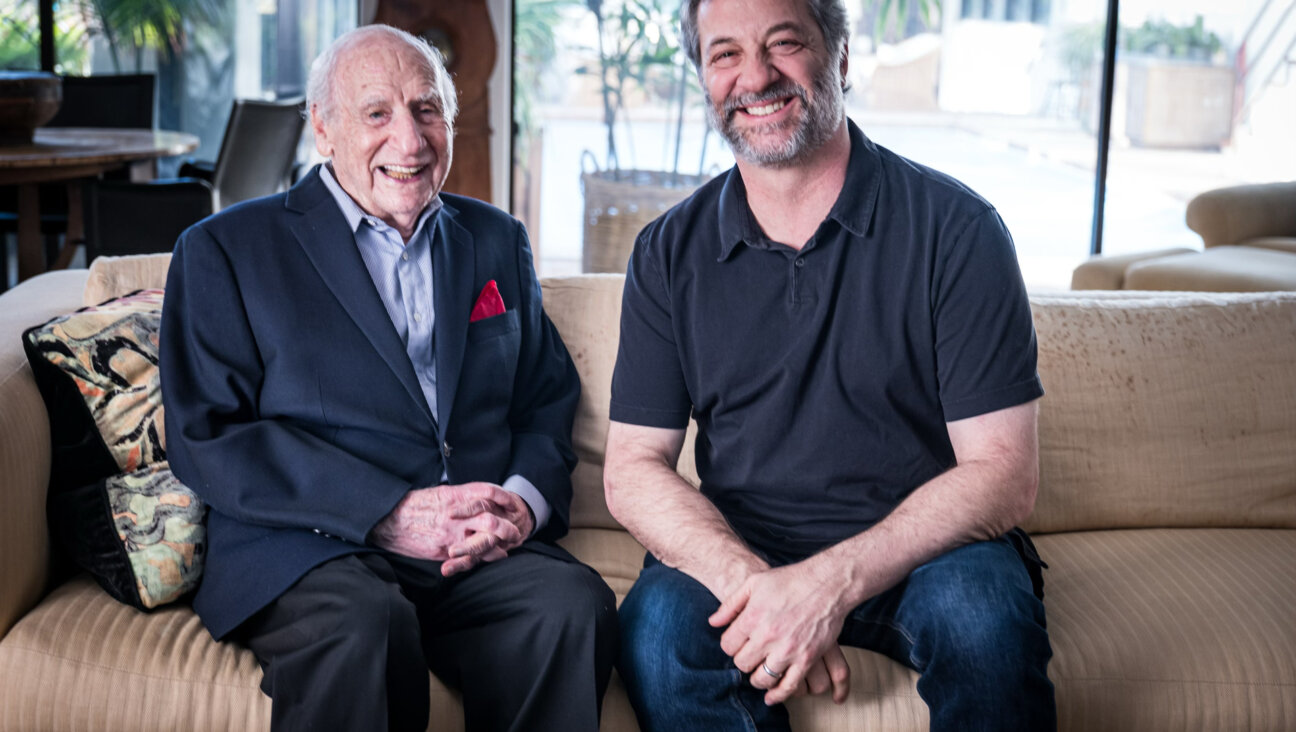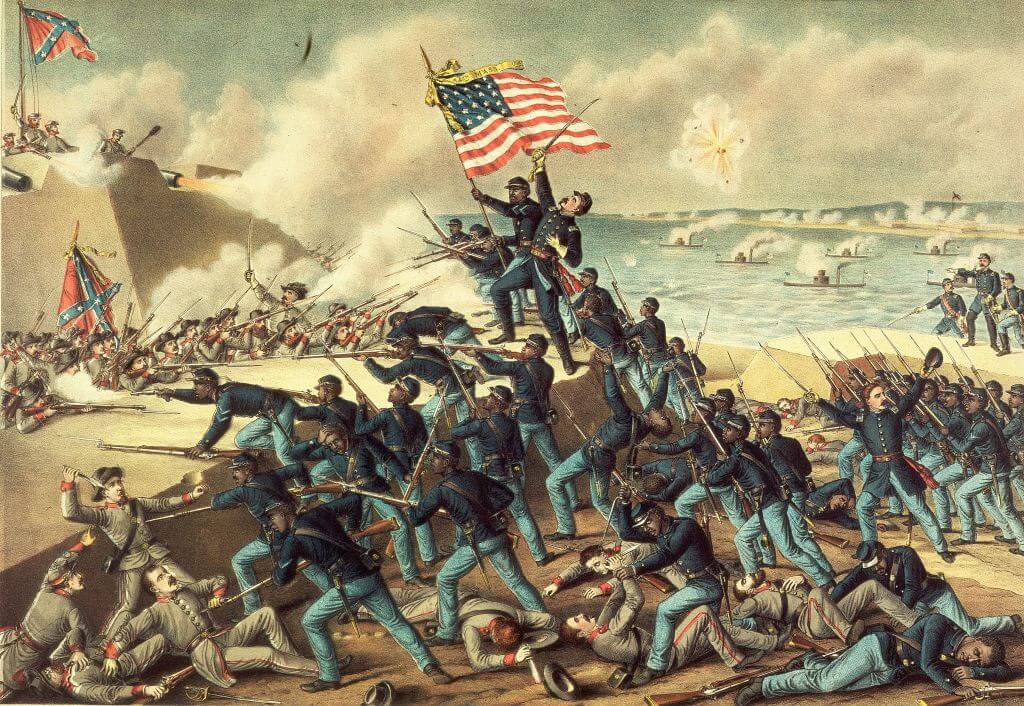My Father Was the Greatest Champ of All Time

The author with his son at Citi Field on Father’s Day, 2010. Image by Courtesy of Mark Singer

Muhammad Ali and Joe Frazier Image by Getty Images
On the night of March 8th 1971, Muhammad Ali fought Joe Frazier for the heavyweight boxing championship at Madison Square Garden in what was billed as the Fight of the Century. My father, who I idealized when I was a boy, was an Ali fan. As an 8 year old at that time, my view of my father’s greatness was therefore somehow merged with that of Ali. Through my boyhood lens, they both seemed larger than life. To me, they were both champions. Crazy as it may have been, I even thought they looked alike. My father went to see that legendary fight that night with his father, my grandpa Murray. I anxiously waited at home to hear who had won. As the night wore on without their return, I slept fitfully.
Although I didn’t know why the outcome of that fight mattered so much to me, I knew it mattered. When my dad finally came home in the middle of that night, he told me that Ali, who had never lost a fight, had been knocked down. I felt confused. How could that have happened? It was crushing.
In time, as I came to understand the experience of hope and dread in spectator sports as metaphor, I realized that for me, it was not Ali who got knocked down, but my dad. It was hard to accept what felt like his diminishment. In some way, when Ali went down, my world felt less safe. On that night, forty-five years ago, Ali suffered his first loss. So did I.
My father, a psychiatrist, took considerable interest in the stories of people’s lives and seemed particularly moved by nostalgic experience. He was drawn to a remembrance of things past, childhood, growing up, and the ways in which we experience the passage of time. He seemed to find comfort in the paradoxical way that a sense of loss and longing could be linked to a feeling of pleasure. He was struck by the bittersweet moments of life.
As a kid, I was drawn to the stories of the youth he had lost, about his friends in Far Rockaway, how they loved going to the movies, about his days working with the cabana boys at the beach, and the legendary lemon ices they shared along the boardwalks of summers past.
The content of the stories however, always seemed less important than the affection with which they were told. In this way, nostalgic experience does not reveal all that much about the factual realities of who we were and what we had, but it does tell us something real about who we are and what we need. It helps us hold on to favorable versions of our lives, and ironically, it can also be a reminder that life often does not in fact go the way we would have liked; but mostly, thinking in a nostalgic way represents a compensatory striving to mitigate a sense of loss, by finding solace in a feeling of connection to others, with whom together we have lived, both in disappointment and delight.
In his essay “Intimacy,” the author and memoirist Andre Aciman views his childhood days in Rome nostalgically, as if watching a film. He says, “And perhaps it is the film I go after each time I am back in Rome — not Rome. We seldom ever see, or read or love things as they in themselves really are. What matters is knowing what we see when we see other than what lies before us. It is the film we see, the film that breathes essence into the otherwise lifeless objects, the film we crave to share with others.”
Like my father, I too became a psychiatrist, listening to stories, unearthing the past to make better sense of the present and hoping to enrich the future. A patient of mine, a middle-aged man, came into a therapy session carrying an old storage box that he had not opened in many years. It was a box, like most people seem to have, of one’s various memorable things that accumulate over time and are deemed to be too hard to throw away. He hoped that showing me what was in his box would help me to get to know him.
As he took things out of the box, he found the dormant vicissitudes of his early life — a birthday card, a baseball card, a report card, a postcard from his first girlfriend, a draft card, letters of acceptance and rejection, a paystub, a bus ticket, a plane ticket, and an expired passport; its pages having been stamped with the dates and places of long ago travels, during younger days, when life seemed more buoyant and was kept afloat up by a less finite sense of possibility.
Also in the box was a photograph of himself as a boy, sitting together with his now deceased father at a ballpark watching a ballgame in a crowd. He told me about their long and close relationship. He also noted a contrasting thought and the associated unsettling feeling, that in some ways he and his father never really knew each other all that well. Had they each made inadequate efforts to discover the other, or had they each inadequately revealed themselves to the other? Relationships are complicated. It is easy to be known, it can be a struggle to actually feel known. Even by those who know us best.
Staring lovingly at that photograph, he was pulling to connect with his father, reaching for him, with all that he wished he could tell him and with all that he wanted to know. Taken years ago, the picture seemed to hold all the promise and all the pain that sit together in the pocket of a moment in time. Like each item in the box, the photograph suggested a longing for what was, a desire for what could have been, and the prospect of freedom that comes with an acceptance, for better and worse, of what is. Although their relationship had not been ideal, what seemed to matter most about that image of him and his dad was that they were at the game, and the symbolic realization that they were in it, together.
Recently, my father too passed away. Again, my world feels less safe. But as that prescient night in 1971 first exposed, my relationship with him would also not be perfect. None are.
In the wake of Muhammad Ali’s recent passing, I am struck by the words of the author Walter Mosley, who in describing the magnitude of Ali, gives hope to what all parents, and perhaps what psychoanalysts might best provide. He says of Ali, “He rose, head and shoulders, above us, but those shoulders were broad enough to allow us to climb up there with him and see that we’re in this together.”
I miss my father and I think about the stories. Stories that he told me, stories that I was only beginning to tell him, and a lifetime of stories from all the patients that came to see him, wanting as most of us do, to feel connection and to be loved, for who we are, and all that we wish to be known to be. He took all those stories with him. But the life affirming spirit with which he conveyed them, and the tenderness with which he heard them, was left warmly behind.
When the upcoming summer passes and autumn descends, my son will leave home to go off to college. He is anxiously looking forward to all that the future will hold. I am anxiously looking back at all that has now passed. Our relationship too, is both imperfect and precious, while the present remains, as it always will, undeniably fleeting. But somewhere in between us there sits a new box, and years from now, my son may pull something out from that box, and in that bittersweet moment, while he is alone, we will at least, still be together.














